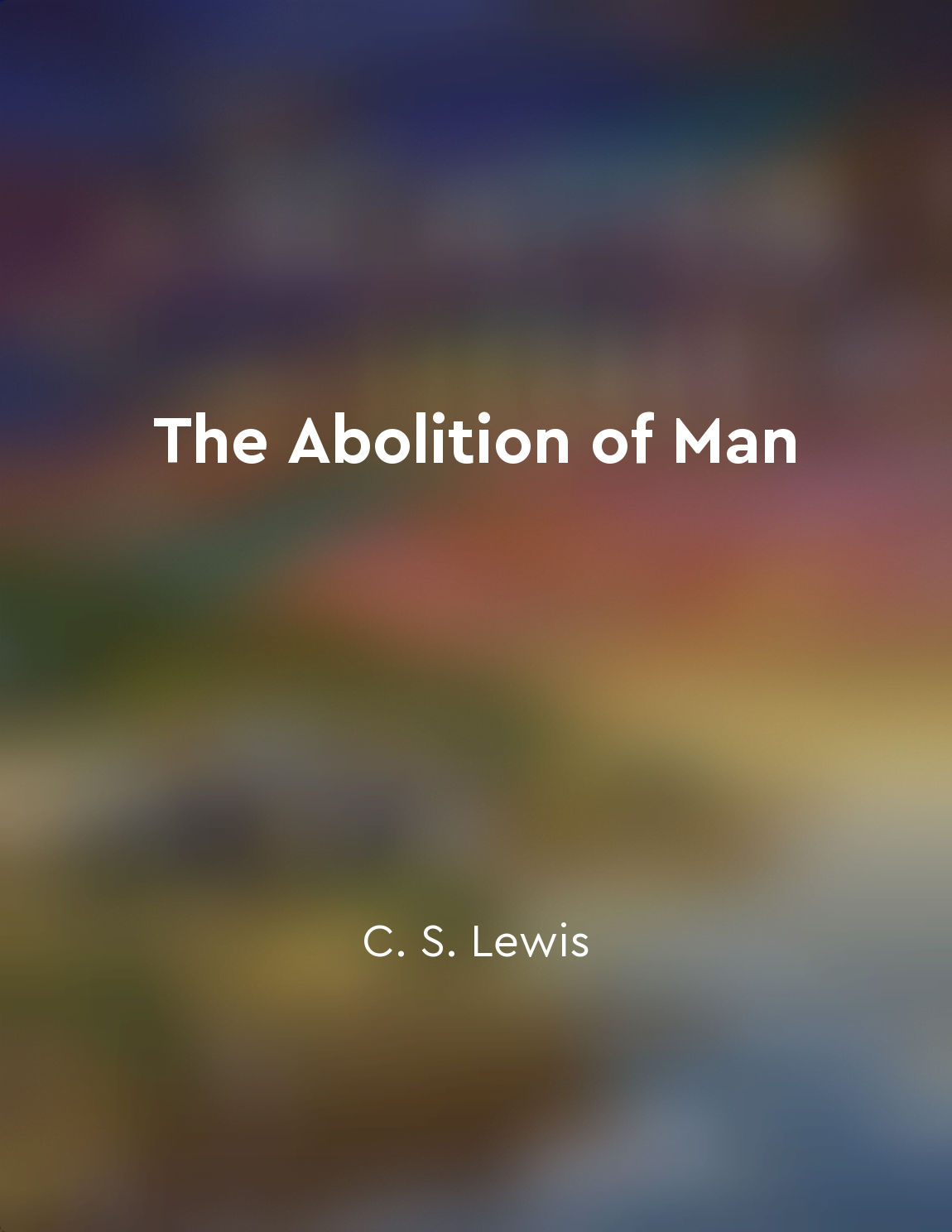Universal moral laws from "summary" of Fundamental Principles of the Metaphysic of Morals by Immanuel Kant
The concept of universal moral laws is based on the idea that there are certain principles that apply to all rational beings, regardless of their individual desires or circumstances. These laws are not contingent on our particular experiences or subjective preferences, but are instead grounded in reason itself. According to Kant, moral laws must be universal in order to be truly moral. This means that they must apply to all rational beings in all situations, without exception. For Kant, morality is not a matter of personal opinion or cultural norms, but is instead a set of objective principles that are binding on all rational agents. One of the key aspects of universal moral laws is their categorical nature. Unlike hypothetical imperatives, which are conditional on our desires or goals, categorical imperatives are commands that apply to us unconditionally. They are not based on what we want or what will bring us pleasure, but on what reason dictates as necessary for moral action. Kant argues that the supreme principle of morality is the categorical imperative, which he formulates in several different ways. One of these formulations is the principle of universalizability, which states that an action is morally permissible only if we can rationally will that everyone should act in the same way in similar circumstances. This means that we must be able to consistently apply our actions as a universal law without contradiction. Another formulation of the categorical imperative is the principle of humanity, which states that we must always treat rational beings as ends in themselves, rather than as mere means to an end. This means that we must respect the dignity and autonomy of others, and never use them solely for our own purposes.- Kant's concept of universal moral laws is a foundational aspect of his ethical theory, grounding morality in reason and rationality rather than in subjective desires or cultural norms. By adhering to these universal principles, we can act in a way that is truly moral and worthy of respect.
Similar Posts
Human nature and politics
Human nature plays a crucial role in shaping politics. It is a fundamental aspect that influences the behavior and decisions of...
Morality arises from sentiment
The foundation of morality lies in human sentiment rather than reason. Our moral judgments are not derived from logical deducti...
Moral pluralism enhances societal wellbeing
Moral pluralism is like a symphony with multiple instruments playing in harmony, each contributing its unique sound to create a...
Natural selection plays a crucial role in human evolution
In the process of evolution, natural selection stands out as a fundamental mechanism that shapes the traits and characteristics...

Emotions play a crucial role in decisionmaking and motivation
Emotions, according to Nietzsche, are often overlooked in discussions about decision-making and motivation. However, he argues ...

The need for an integrated understanding of reality
In order to truly grasp the essence of reality, one must strive for an integrated understanding that goes beyond mere fragmenta...
Reason guides moral decisionmaking
Reason, as the faculty of higher cognition, is the guiding principle in moral decision-making. It serves as the foundation upon...
Rational autonomy is the basis for moral duty, not external authority
In considering the concept of moral duty, it is essential to understand that it is not derived from any external authority or c...
Moral principles are objective and apply universally, regardless of individual preferences
Moral principles, according to the philosophy of Immanuel Kant, are not subject to personal preferences or individual whims. Ra...
Duty is the foundation of morality
In the realm of moral philosophy, duty stands as the cornerstone upon which the entire edifice of morality is built. It is thro...

